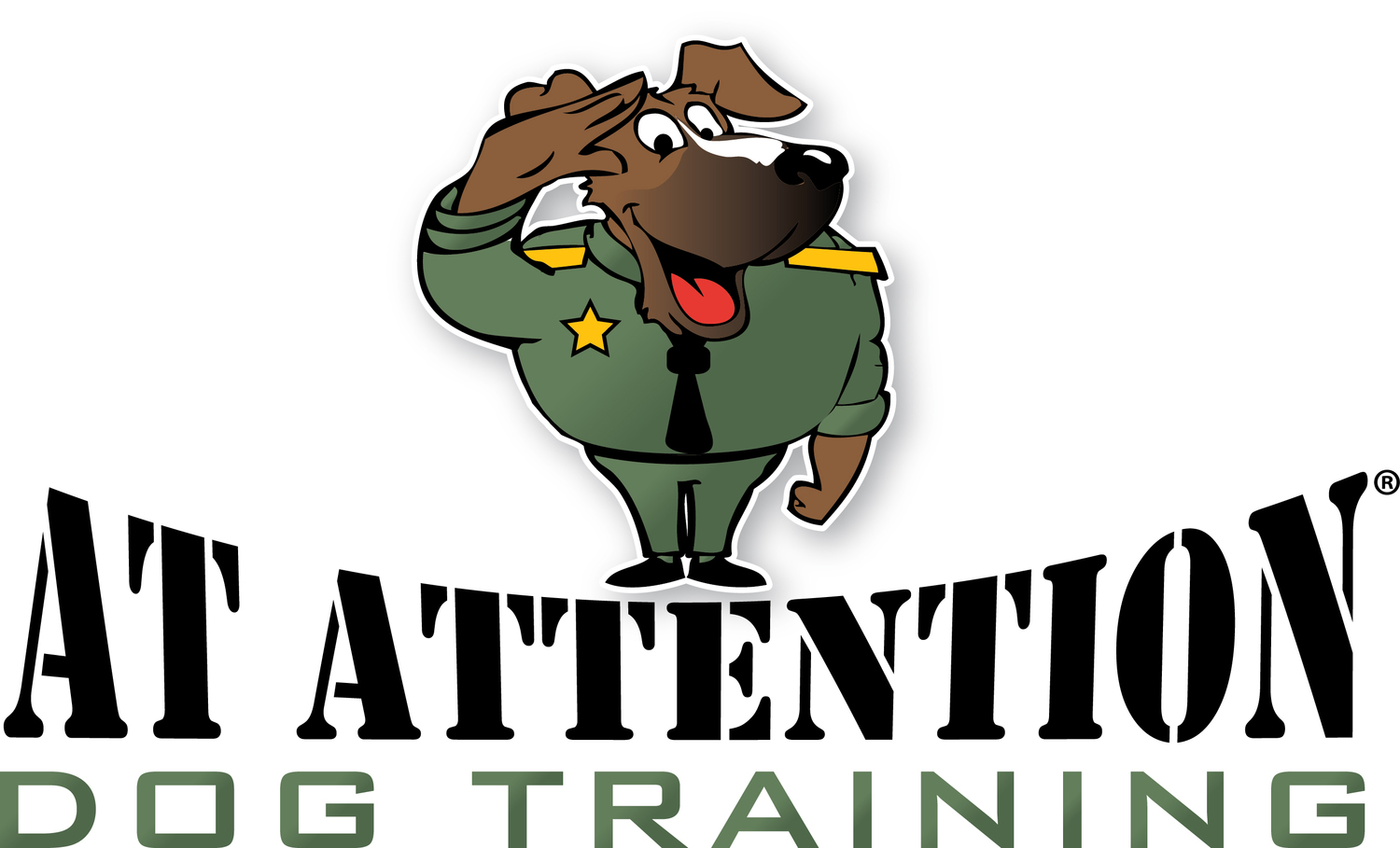Is Doggie Daycare Right for Your Puppy?
The promise: At Doggie Daycare your dog will, “Play All Day” and come home, “Exhausted”. You won’t have to worry about behavior problems because they’ll be too tired to display them!
Well this sounds great! But not all doggy daycare experiences are created equal. There are many factors to consider for the health, wellness, safety and overall behavior of your new puppy.
Unfortunately, as dog training and behavior professionals, we work with an overwhelming amount of families who have used Doggy Daycare and for one reason or another their dog did not thrive in the setting. Below we discuss considerations for new puppy families!
Considerations:
1. Only a small percentage of dogs and puppies fully enjoy daycare (just like humans, dogs have their own personalities and some will be social butterflies and others will prefer to just be at home).
2. Dogs in general may not enjoy all-day daycare because:
- Play is unstructured.
- There is limited and un-skilled human supervision to interrupt potentially dangerous interactions.
If a daycare represents that they have trained their staff, ask in what philosophy, what that actually means to them, ask for certificates of completion of programs and ask to speak with the staff directly. Unfortunately there are no guarantees that such training has taken place in such fast paced environments.
- Dogs may experience over-stimulation and have no opportunity to communicate that they need a break!
To an untrained eye, a puppy or dog might look as if they’re “enjoying” daycare but subtle signs such as head turns, pacing, lip licks, or a frozen body posture can show just how much they’re NOT enjoying it!
- Often there aren't scheduled breaks for downtime.
Just like you during your work day, you need a break from the intensity of the day!
3. Puppies especially are sensitive to their experiences from weeks 0- 16 and then again during a 2nd fear period that can occur anywhere from 6 Mos to 18 Mos. Being in control of what happens to your puppy is vital to helping them grow into a happy well adjusted dog.
2nd Fear Period information: http://dogcommunication.co.uk/suddenly-spooked-secondary-fear-phase-in-adolescent-dogs/
4. Puppies need to sleep an est. 18 hours a day in order to allow essential mental and physical growth; most daycares offer all-day play, which can disrupt those processes be highly stressful and can lead to behavior issues.
5. Puppies and dogs often pick up undesirable behaviors such as jumping, nipping, and excessive barking, etc.
6. Potty training setbacks/issues - as most facilities aren't staffed adequately and they don't have the time to take the pups on individual potty breaks, the puppies/dogs eliminate wherever and whenever.
7. We recommend that you go to a facility with cameras for families to log into during the day and so they can see exactly what happens to their dog at any given time! The cameras should also be able to record so that if an incident occurs, the families can review the tapes.
8. We recommend that you ask about incidents that have occurred in their facility. A well-run and transparent doggy daycare will have a record of the incidents that they can discuss with you. They should be able to explain the resolution for each case (i.e. a certain dog was not a fit for their service and asked not to return if they displayed aggression towards other dogs).
9. We recommend that you inquire about their temperament testing process.
Every doggy daycare should have a process in which they evaluate whether or not a dog is a good fit for their service. Doing so is the first step in preventing a serious or fatal incident.
You should be able to review and evaluate this process. A copy of their evaluation process should be presented to you in writing. With cameras available for viewing, you should be able to watch how your dog interacts, the process the staff has used and whether you feel your dog is a good fit!
10. If someone would still like to send their dog to daycare, we recommend 1/2 days to ensure that a break is provided.
A word of caution: Like daycares for children, disease can run through doggie daycares even for vaccinated animals. From conjunctivitis to kennel cough or the K9 Flu, exposing your dog to these diseases puts them at risk of not being able to attend our puppy programs as we cannot risk the health and safety of the other puppies in class.
So what other options exist to socialize my dog properly?
1. We offer exclusive socialization opportunities limited to currently enrolled puppies across all of our Puppy BootCamp / Puppy Class programs! With 2-3 Professional Certified Dog Trainers on-site and a maximum of 10 puppies, you can be sure that we’ve got our eye on the ball! That’s about a 1:3 ratio - Trainer to Puppy!
We’re here to referee and keep each puppy safe and having a wonderful, carefully created experience!
2. Join our Exclusive FACEBOOK groups for currently enlisted puppy families where we share expert tips and help your puppy find playmates!
3. Hire a recommended AADT dog walker! These dog walkers are familiar with best practices of how to interact with your puppy and they’ll be able to offer physical exercise, help you with potty training behaviors, and offer enrichment opportunities so your puppy has their mental and physical needs met!
